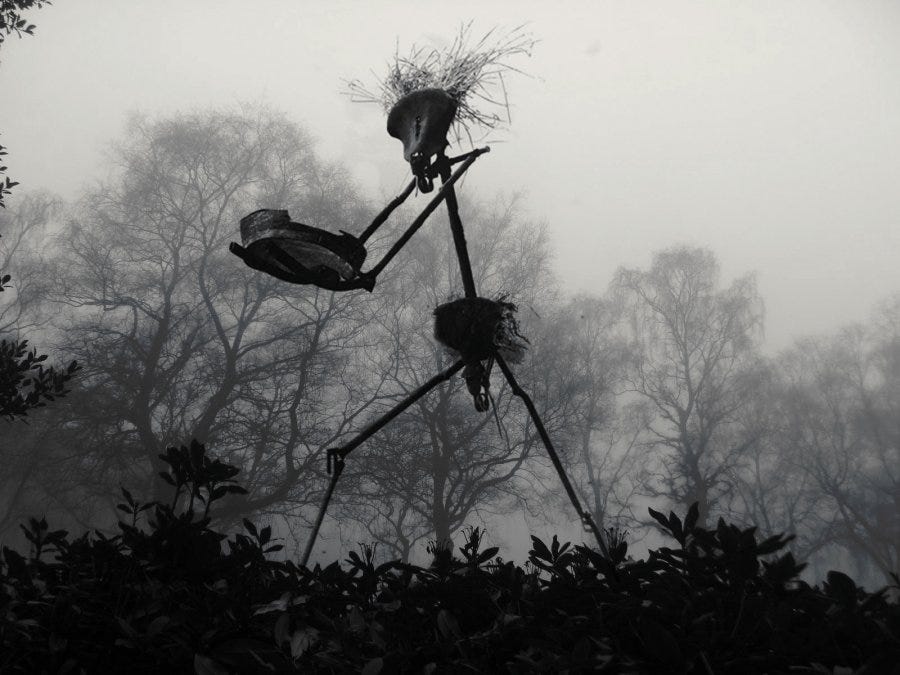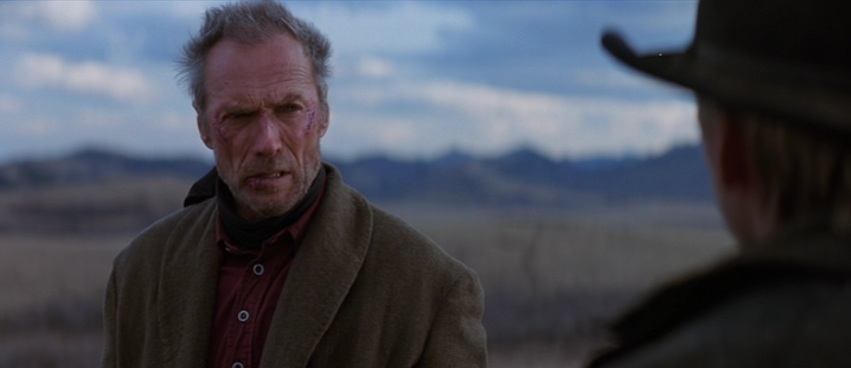Link to Volume I:
http://hfboards.mandatory.com/showthread.php?t=1110923 (no longer operative)
Rules for joining and playing (more like guidelines....arrgh)
1) See the current "movie of the week"
2) Post a review of that film on this thread
3) Choose your pick for movie of the week which will go at the bottom of the "coming attractions" list below (you can just mention it in your post, and I'll add it to the list--so this post will always provide current informatiion)
4) Continue to contribute reviews at your own discretion
No timelines for reviews, but try to post your review of the "movie of the week" as soon as is reasonably convenient
When the movie that you have picked finally comes up for discussion:
1) Write a review of your movie
2) Choose another movie for the "coming attractions" list
3) Continue to contribute reviews at your own discretion
Previous Movies of the Week--Volume I movie list
Anatomy of a Murder (Preminger)
World on a Wire (Fassbinder)
Women in the Dunes (Teshigahara)
Lacombe, Lucien (Malle)
The Conformist (Bertolucci)
High and Low (Kurosawa)
Tropical Malady (Weerasethakul)--all of above on "Last Movie You Watched" threads
Blow Up (Antonioni)
Ugetsu (Mizoguchi)
The Strait of Hunger (Uchida)
Nosferatu the Vampire (Herzog)
The Sacrifice (Tarkovsky)
Suicide Club (Sion)
The Celebration (Vinterberg)
The Discreet Charms of the Bourgeoisie (Bunuel)
Breaking the Waves (Von Trier)
Red Desert (Antonioni)
Cafe de Flore (Vallee)
The Right Stuff (P. Kaufman)
Spirit of the Beehive (Erice)
A Matter of Life and Death (Stairway to Heaven) (Powell/Pressburger)
Children of Paradise (Carne)
Hoop Dreams (James)
Ordet (Dreyer)
Still Life (Zhang-Ke)
Funny Games (Haneke)
Touch of Evil (Welles)
The Music Room (S. Ray)
Our Hospitality (Keaton)
The Man with a Movie Camera (Vertov)
I Don't Want to Sleep Alone (Tsai)
Nashville (Altman)
The Mirror (Panahi)
Shoot the Piano Player (Truffaut)
Secrets and Lies (Leigh)
The Story of the Last Chrysanthemums (Mizoguchi)
Z (Costa-Gavras)
Walkabout (Roeg)
La Ronde (Max Ophuls)
Winter Light (Bergman)
Vivre Sa Vie (Godard)
A Woman Under the Influence (Cassavetes)
Pather Panchali (S. Ray)
The Secret in Their Eyes (Campanella)
Volver (Almodovar)
Survive Style 5+ (Sekiguchi)
The Mirror (Tarkovsky)
The Maltese Falcon (Huston)
The Good, the Bad and the Ugly (Leone)
Diary of a Country Priest (Bresson)
The Double Life of Veronique (Kieslowski)
8 1/2 (Fellini)
The Adventures of Robin Hood (Curtiz)
Paris, Texas (Wenders)
Army of Shadows (Melville)
Life Is Beautiful (Benigni)
Fat City (Huston)
13 Tzameti (Babluani)
The Five Obstructions (Leth/Von Trier)
Das Boot (Petersen)
Trouble in Paradise (Lubitsch)
Babette's Feast (Axel)
Barry Lyndon (Kubrick)
The Virgin Suicides (S. Coppola)
L'Atalante (Vigo)
The Killer (Woo)
Alexandra (Sokurov)
Purple Noon (Clement)
Chungking Express (Kar-Wai)
Synecdoche, New York (C. Kaufman)
Last Tango in Paris (Bertolucci)
Sex, Lies, and Videotape (Soderbergh)
Providence (Resnais)
Amores Perros (Inarritu)
Revanche (Spielmann)
The Night of the Hunter (Laughton)
The Wild Child (Truffaut)
La Dolce Vita (Fellini)
The Third Man (Reed)
Take Shelter (Nichols)
Before the Rain (Mančevski)
Uncle Boonme Who Can Recall His Past Lives (Weerasethakul)
The Art of Crying (Fog)
The Human Condition Trilogy (Kobayashi)
Dillinger Is Dead (Ferreri)
Once Upon a Time in Anatollia (Ceylan)
Battle of Algiers (Pontecorvo)
Beyond the Mat (Blaustein)
A Man and a Woman (Lelouch)
Grand Illusion (Renoir)
Kicking and Screaming (Baumbach)
Persona (Bergman)
Eyes Wide Shut (Kubrick)
Bringing Up Baby (Hawks)
My Dinner with Andre (Malle)
After Life (Koreeda)
Departures (Takita)
Like Father, Like Son (Koreeda)
Contempt (Jean Luc Godard)
The Sweet Hereafter (Egoyan)
The Great Escape (Sturges)
A Simple Life (Hui)
The King of Comedy (Scorsese)
Mon Oncle Antoine (Jutra)
The Death of Mr. Lazarescu (Puiu)
People on Sunday (Siodmak brothers, et al)
McCabe and Mrs. Miller (Altman)
Jules and Jim (Truffaut)
PTU (To)
Norwegian Wood (Tran)
The Great Dictator (Chaplin)
The Exterminating Angel (Bunuel)
M (Lang)
My Neighbor Totoro (Miyazaki)
In the Mood for Love (Kar-Wai)
Lawrence of Arabia (Lean)
Somewhere (S. Coppola)
Cafe Lumiere (Hsiao-Hsien)
Aquirre, Wrath of God (Herzog)
Le Samourai (Melville)
Les Diaboliques (Clouzot)
Alice in the Cities (Wenders)
Rome, Open City (Rossellini)
Mother (Bong)
Lilya 4-Ever (Moodysson)
North by Northwest (Hitchcock)
Upstream Color (Carruth)
Last Year at Marienbad (Resnais)
Rosencrantz and Guildenstern Are Dead (Stoppard)
4 Months, 3 Weeks, 2 Days (Mungiu)
Infernal Affairs (Lau and Mak)
Amour (Haneke)
All about Eve (Mankiewicz)
Before Sunrise (Linklater)
The Consequences of Love (Sorrentino)
Charulata (S. Ray)
Women on the Verge of a Nervous Breakdown (Almodovar)
Jaws (Spielberg)
Seven Samurai (Kurosawa)
Werckmeister Harmonies (Tarr)




